As I am writing this blog post I can hear my husband watching"The Great British Baking Show" in the other room. I can hear the judges critiquing pies that the contestants have made and hear all sorts of descriptive words to describe the perfect pie--light, flaky crust, tall columns, fluted edges, sweet, flavorful, moist interior.....it's really making me hungry!
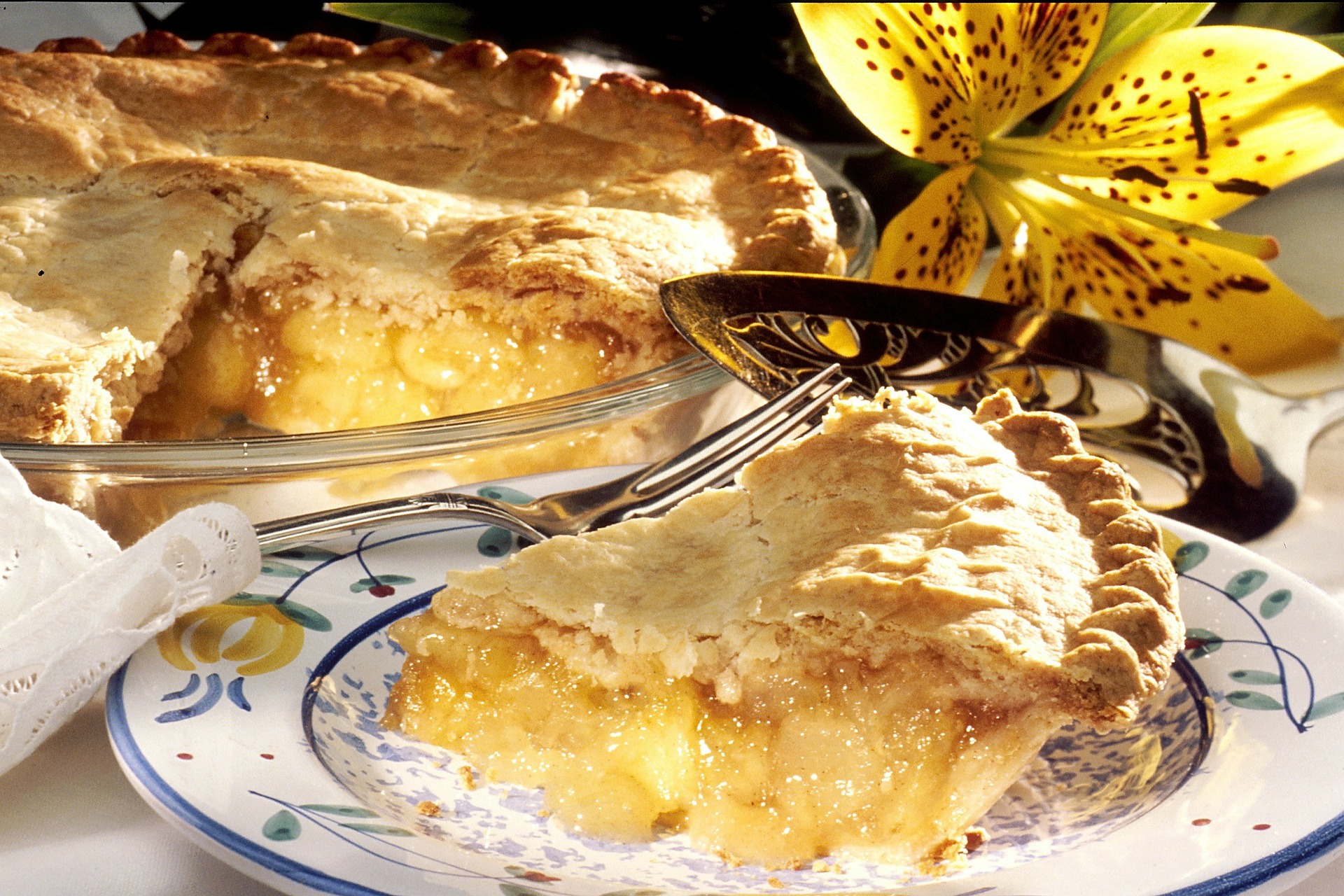
It got me thinking what descriptive words would be used to describe the perfect mouth. Words like full lips, sparkly white straight teeth, pink gums, cymmetrical and well-proportioned arch, moist interior, all these come to mind.

I have seen a lot of beautiful mouths in my years as a hygienist. We now have the opportunity to create more pleasant-looking mouths than ever, whether it's through braces, bleaching, new crowns, veneers, or fillings. I have seen people spend thousands of dollars on all of these procedures to get what they want. But I have also seen expensively-created fantastic-looking mouths go from great health......
to destruction......

in a matter of months because of one thing...
dry mouth.
If you haven't noticed, our mouths are designed to be moist all of the time.

Babies start out life drooling a lot, which can be a bit annoying, so thank goodness they're so darn cute and we don't mind it. While they do get over the drooling, the constant moisture in their mouths still remains necessary for good health.
To understand why our mouths need moisture, let's review a few key concepts.
FIRST, THE ANATOMY
There are multiple
glands all around the interior of the mouth that produce liquid. The liquid, or saliva, is important for lots of things, like chewing, swallowing, speaking, and digestion. Have you every tried swallowing when you've eaten a whole bunch of saltine crackers? You know what I'm talking about.

For our teeth, saliva is like a moat on the outside of a castle....it creates a barrier and protects them from unwanted invaders like microbes and acids. It also rebuilds the teeth when they get dissolved, which prevents cavities.
When saliva is not present in the mouth, when glands quit producing liquid, then it's a big, big
problem. Our mouths are meant to be a garden of lush wetness, and when there's no saliva, teeth struggle to stay healthy.
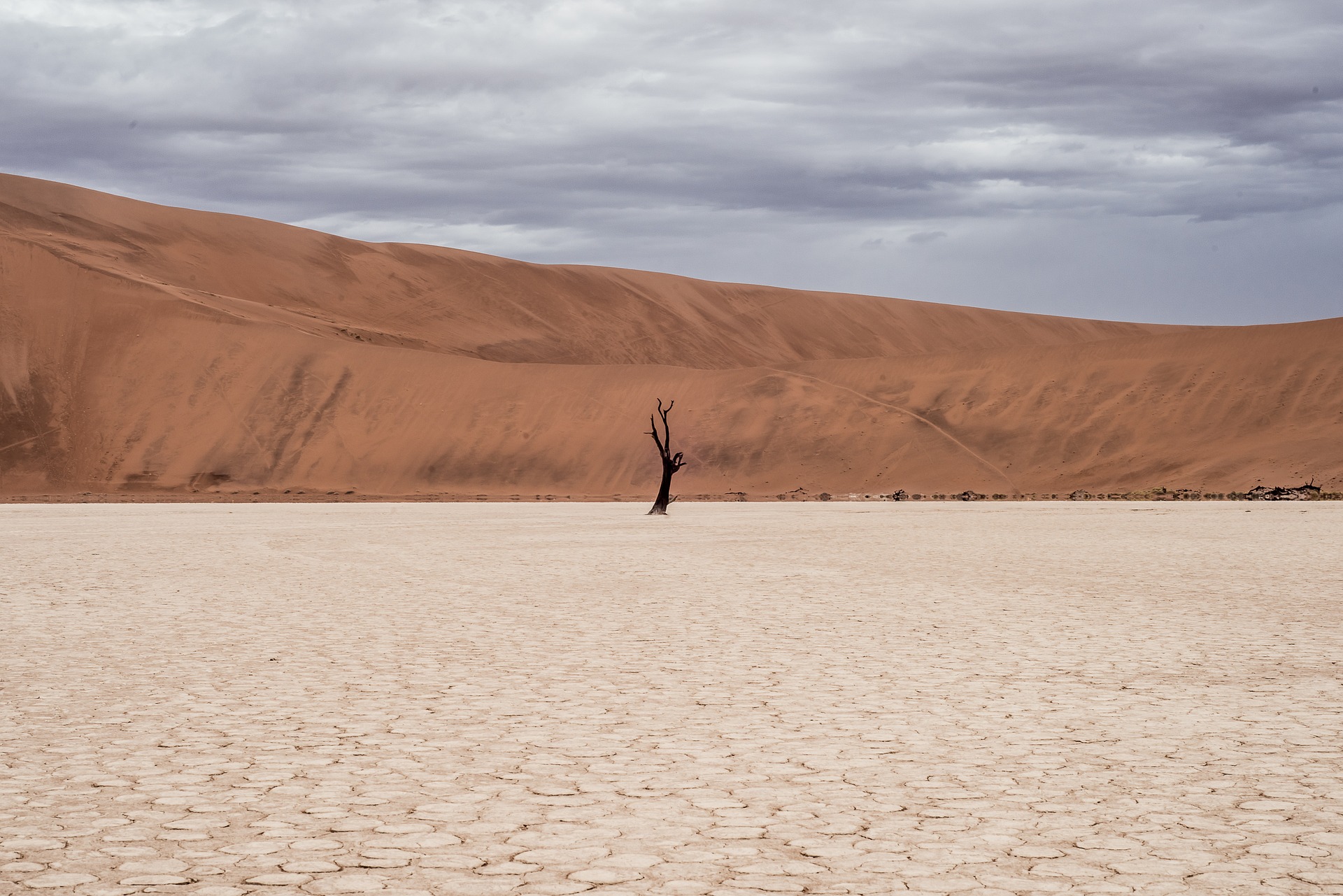
Not sure if you have a dry mouth? Here are some clues that your mouth is dry:
-
Stick out your tongue and look in a mirror. This is a healthy tongue--pink and moist. If your 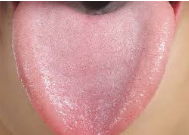 tongue doesn't look like this, if there are any cracks on your tongue, if it is really red, if it has splotchy spots, if it has white, brown, or black on top, if it looks like leather, you may have a dry mouth.
tongue doesn't look like this, if there are any cracks on your tongue, if it is really red, if it has splotchy spots, if it has white, brown, or black on top, if it looks like leather, you may have a dry mouth.
2. Look at your lips. Lips should be smooth and soft like this.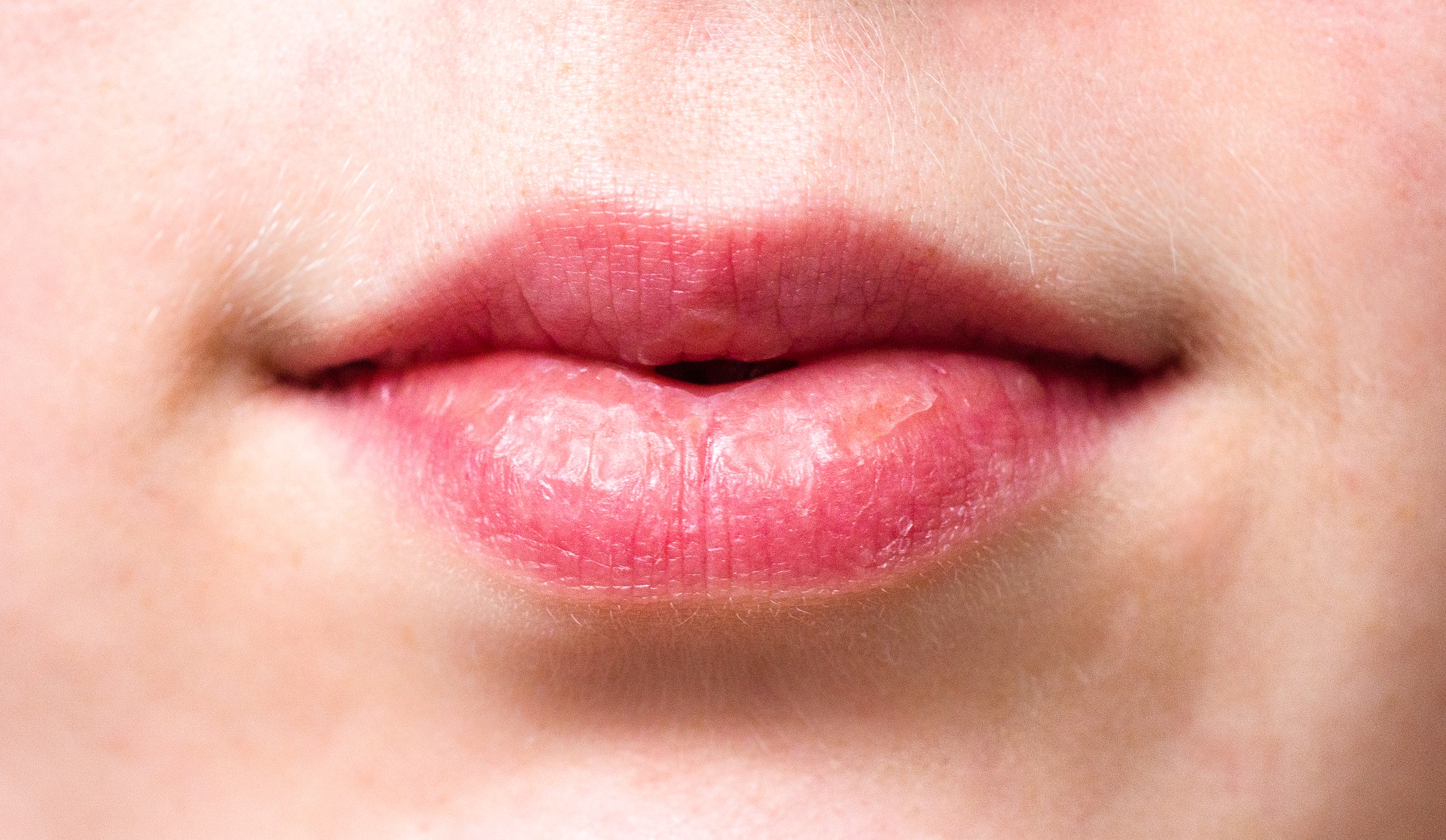
Are your lips dry? Is the skin peeling? Are they really red around the edges? Are there cracks in the corners of your mouth? Smack your lips together. Do your lips stick to each other when pulled apart? If so, you may have dry mouth.
3. Try and spit. Suck your cheeks in and try and make enough saliva to spit. If you can't get any water to form, you may have a dry mouth.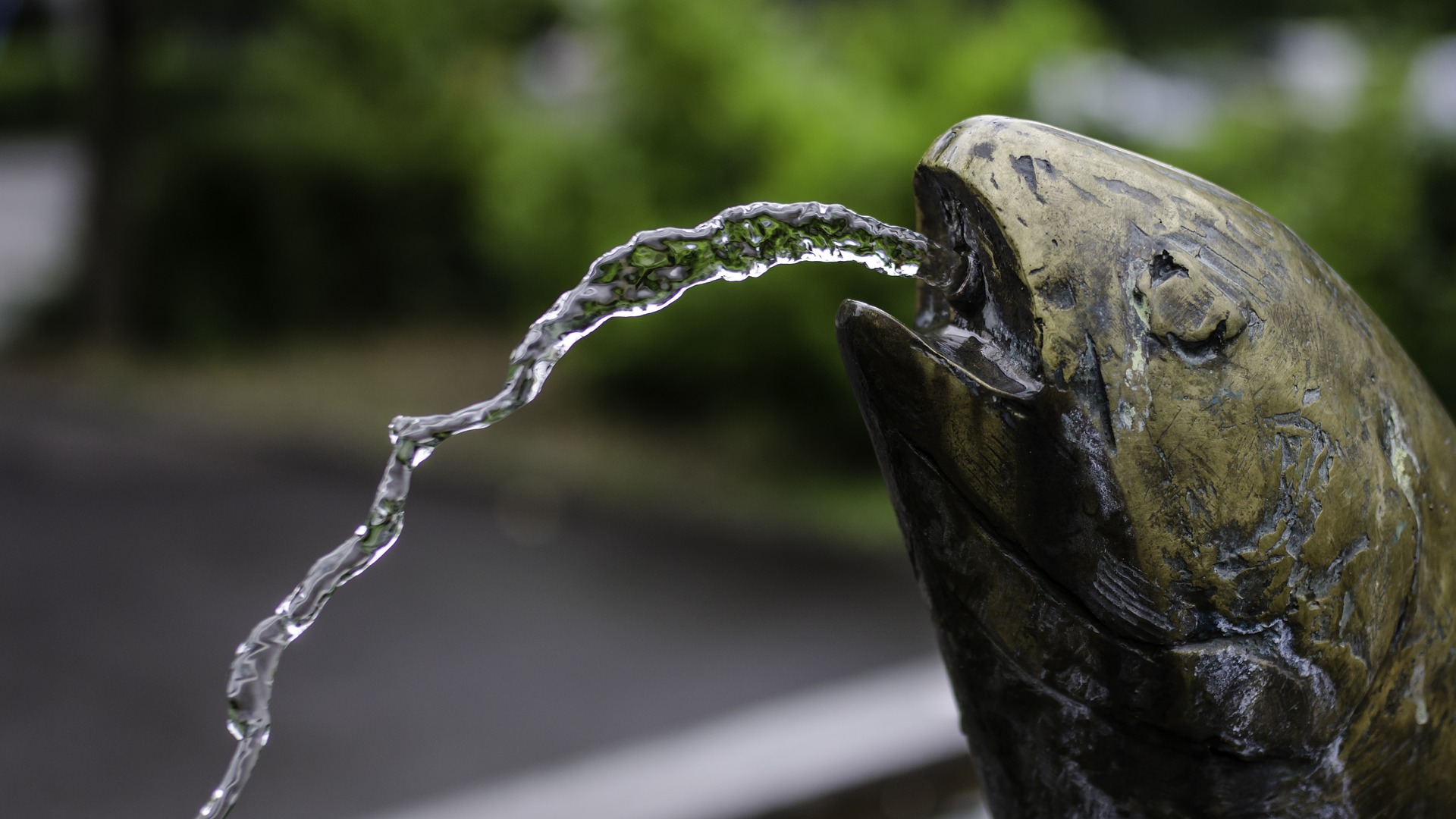
SECOND, THE CAUSE
What
causes dry mouth? The answer to that question is as varied as can be. Medications are surely the biggest factor, followed next by smoking, radiation therapy, and cancer therapy. But as I talked to Anne Guignon, a national dental hygiene speaker, at the April 2017 Utah Dental Meeting, she mentioned that dry mouth is becoming a scary epidemic because of the increase in the following mouth drying factors:
- snacks and convenience foods that are high in sodium, which suck out moisture
- sodas, which are diuretics (which means they makes your body get rid of water)
- caffeine, which puts you into a state of high alert, causing decreased saliva flow
- alcohol/alcohol mouthwashes, which dry out the tissues in the mouth
- stress, which causes more rapid breathing, puts you in "fight or flight," and decreases saliva flow
- allergies, which can cause nasal blockages and more breathing through the mouth
Dr. Marilyn K. Jones, a Biological dentist in Houston, also lists the following as being causes of dry mouth:
- Anxiety
- Depression
- Change in hormonal balance (Menopause)
- Sjogren’s syndrome (expanded issues related to reduced overall mucous flow including dry eyes and mouth)
- Vitamin deficiencies
- Diabetes, Parkinson’s disease and auto-immune diseases, or diseases that affect the immune systems response, such as HIV/AIDS
- Oral Thrush or Intestinal Candida
- Snoring
THIRD, THE CURE
Is there any cure for dry mouth? There is no ONE CURE for dry mouth. A cure may not be warranted anyway, it may just be a lifestyle adjustment needed. If you have a dry mouth the first thing you should do is evaluate your lifestyle and eliminate as many of the before-mentioned risk factors as possible. For example, if you're on a lot of medications, talk to your doctor about reducing or eliminating them. Second would be to increase your water intake more every day. A good rule of thumb is take half of your body weight and drink that amount of water in ounces a day.
If you have eliminated as many risk factors as possible and your mouth is still dry, then here are some suggestions to relieve and perhaps remedy dry mouth:
- suck on xylitol sweetened mints or candies--the sucking motion stimulates your glands and also reduces acids around the teeth and the risk of getting cavities.
- chew some xylitol sweetened gum. The chewing motion stimulates the glands to produce more saliva.
- chew watery hard veggies like celery to naturally hydrate the mouth and stimulate saliva production, especially around meal time.
- use a supplement like PMG Parotid daily with each meal to stimulate the saliva glands.
- use a saliva substitute several times a day to keep the mouth feeling moist.
- have acupuncture done on your glands to stimulate salivary production. Studies show that this has been effective, though I would only go to someone I trust knows what they're doing.
- increase Vitamin E and Vitamin C supplementation. I have been impressed with a pre-biotic toothpaste called Revitin that has these two antioxidants in it.
- get an over the counter nightguard for dry mouth at night.
- use over the counter dental products made for dry mouth to moisturize the mouth.
- do oil pulling. Put 1 teaspoon of coconut oil in the mouth. let it melt on your tongue, and swish around the mouth for 20 minutes daily, spitting the oil in the garbage when done.
There are many other natural remedies that claim to reduce dry mouth available online but these are the suggestions I have studied and have used myself. Again, in helping with dry mouth I would suggest:
-
eliminate any risk factors
-
try dry mouth remedies, one at a time, to find what works for you
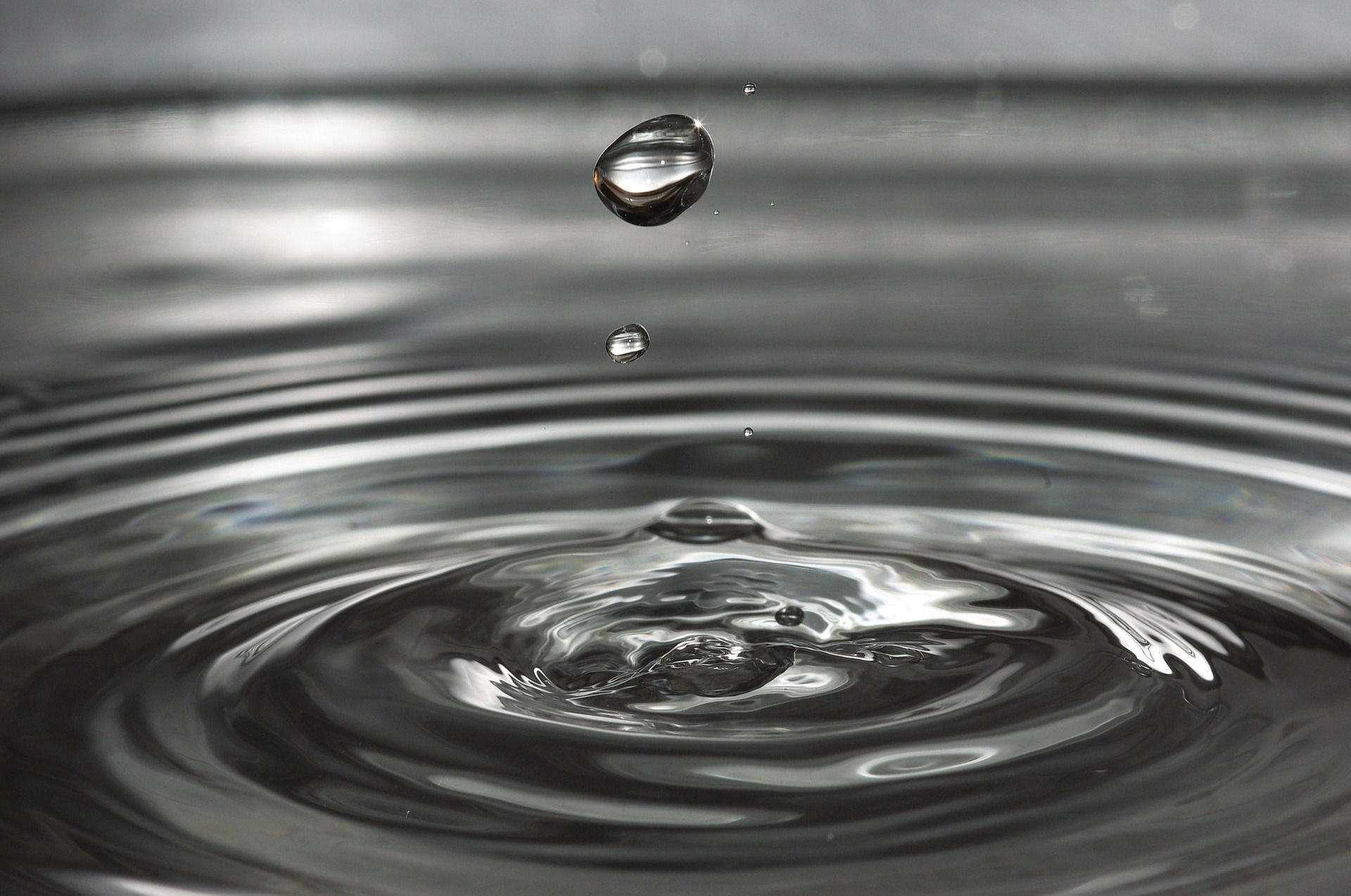
In regards to dry mouth the bottom line is that in order to protect what you have in your mouth, you HAVE to have saliva. It has to be wet. It needs to be moist.
It doesn't matter if you have the perfect most radiant, beautiful smile in the world.......

if it's not kept moist, it will surely corrode over time.

 It got me thinking what descriptive words would be used to describe the perfect mouth. Words like full lips, sparkly white straight teeth, pink gums, cymmetrical and well-proportioned arch, moist interior, all these come to mind.
It got me thinking what descriptive words would be used to describe the perfect mouth. Words like full lips, sparkly white straight teeth, pink gums, cymmetrical and well-proportioned arch, moist interior, all these come to mind.
 I have seen a lot of beautiful mouths in my years as a hygienist. We now have the opportunity to create more pleasant-looking mouths than ever, whether it's through braces, bleaching, new crowns, veneers, or fillings. I have seen people spend thousands of dollars on all of these procedures to get what they want. But I have also seen expensively-created fantastic-looking mouths go from great health......
to destruction......
I have seen a lot of beautiful mouths in my years as a hygienist. We now have the opportunity to create more pleasant-looking mouths than ever, whether it's through braces, bleaching, new crowns, veneers, or fillings. I have seen people spend thousands of dollars on all of these procedures to get what they want. But I have also seen expensively-created fantastic-looking mouths go from great health......
to destruction...... Babies start out life drooling a lot, which can be a bit annoying, so thank goodness they're so darn cute and we don't mind it. While they do get over the drooling, the constant moisture in their mouths still remains necessary for good health.
To understand why our mouths need moisture, let's review a few key concepts.
Babies start out life drooling a lot, which can be a bit annoying, so thank goodness they're so darn cute and we don't mind it. While they do get over the drooling, the constant moisture in their mouths still remains necessary for good health.
To understand why our mouths need moisture, let's review a few key concepts.
 For our teeth, saliva is like a moat on the outside of a castle....it creates a barrier and protects them from unwanted invaders like microbes and acids. It also rebuilds the teeth when they get dissolved, which prevents cavities.
When saliva is not present in the mouth, when glands quit producing liquid, then it's a big, big problem. Our mouths are meant to be a garden of lush wetness, and when there's no saliva, teeth struggle to stay healthy.
For our teeth, saliva is like a moat on the outside of a castle....it creates a barrier and protects them from unwanted invaders like microbes and acids. It also rebuilds the teeth when they get dissolved, which prevents cavities.
When saliva is not present in the mouth, when glands quit producing liquid, then it's a big, big problem. Our mouths are meant to be a garden of lush wetness, and when there's no saliva, teeth struggle to stay healthy. 
 tongue doesn't look like this, if there are any cracks on your tongue, if it is really red, if it has splotchy spots, if it has white, brown, or black on top, if it looks like leather, you may have a dry mouth.
tongue doesn't look like this, if there are any cracks on your tongue, if it is really red, if it has splotchy spots, if it has white, brown, or black on top, if it looks like leather, you may have a dry mouth.

 In regards to dry mouth the bottom line is that in order to protect what you have in your mouth, you HAVE to have saliva. It has to be wet. It needs to be moist.
It doesn't matter if you have the perfect most radiant, beautiful smile in the world.......
In regards to dry mouth the bottom line is that in order to protect what you have in your mouth, you HAVE to have saliva. It has to be wet. It needs to be moist.
It doesn't matter if you have the perfect most radiant, beautiful smile in the world.......